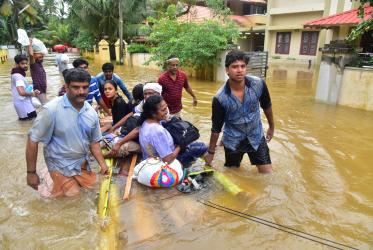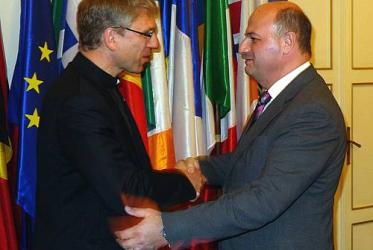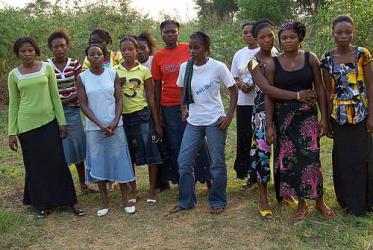Displaying 1 - 13 of 13
Calls grow globally for peace and accountability in South Sudan
24 September 2021
G20 summit: call to pray for peace in Hamburg
07 July 2017
Applications open for WCC Eco-School
10 May 2017
Situation in Greece more than an economic crisis
20 November 2012
WCC member churches involved in food shipment to North Korea
18 November 2011







